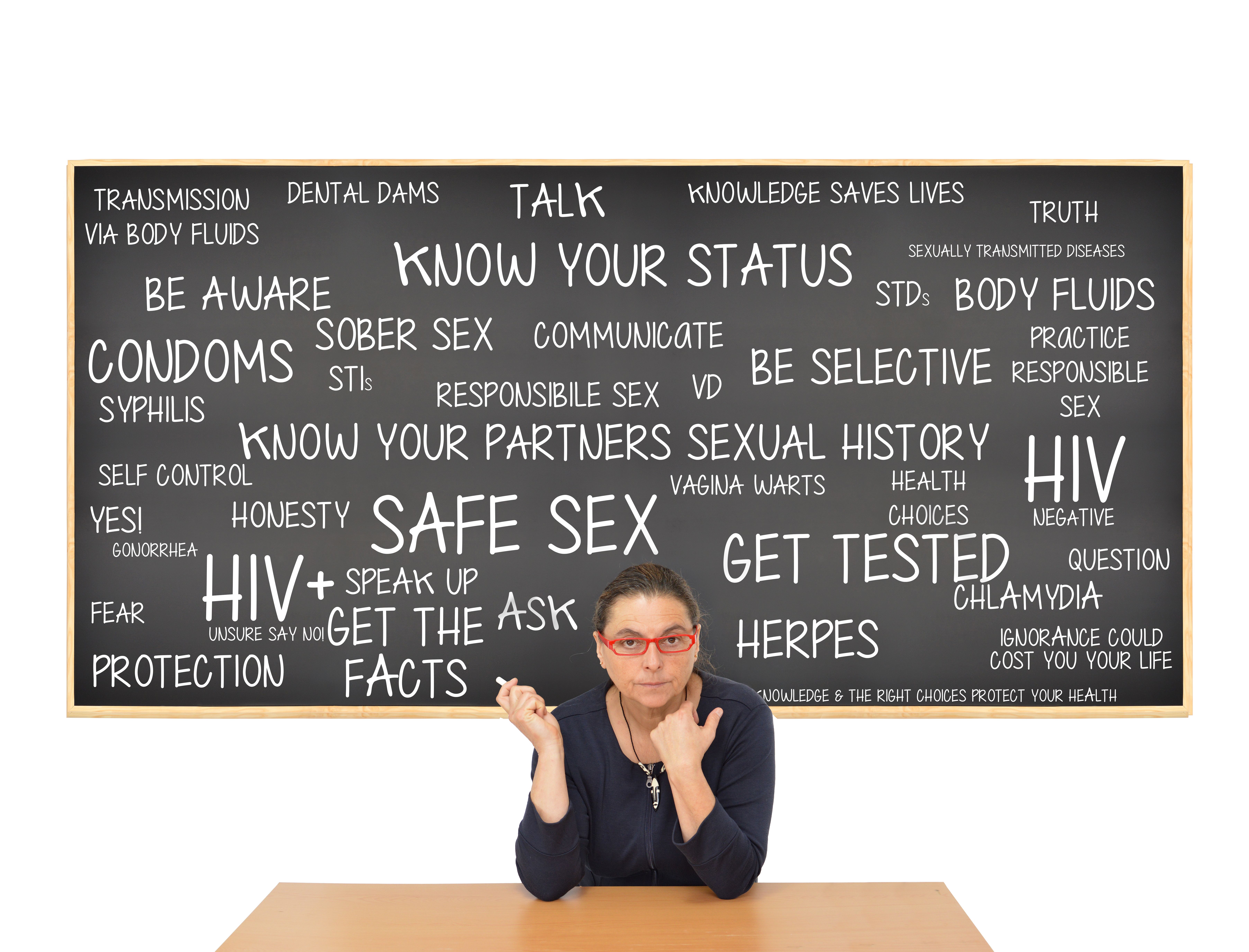A new study has found that youths in the child welfare system lack education and access to birth control, and this can be a large problem right now with the current climate in the US about reproductive rights. There are a lot of children and youth right now that are living in conditions that are not considered “ideal.”
While the child welfare system is there to make sure that children, youth, and families have what they need to live, there are always going to be downsides that need to be talked about. Studies need to be done to look at what is falling short, and what can be done to repair what is broken.
According to Medical Xpress, a new study is showing that youth in the child welfare system are lacking access to birth control. The study was done by the University of Colorado at Boulder, and it can be read in full here.
The study found that only about one-third of youth in the 8th and 9th grades involved in the system have received information on birth control, and less than half know how to access it. This puts them at risk for unprotected sex, which can result in STIs and unwanted pregnancies.
This was the first study that was done to look at sexual and reproductive health among youth who are in the child welfare system, and this includes those who live in foster care homes, or who are just receiving services from the agency. In that state, the average of first sexual experience is 15 years old, and previous research has shown that half of the females experience pregnancy by age 19.
This is concerning because this study shows that most of these children have not received any education on birth control, and they are only a year or so away from having their first encounter. Katie Massey Combs, the lead researcher on the study, stated that this should be a concern to people.
To complete the study, the researchers did in-depth interviews with more than 240 youth in four counties in Denver. They asked them about their knowledge of birth control, and how they could access it if they wanted to. They also asked them about their general attitudes toward sex.
They found that most of the respondents were confident that they could avoid sex if they didn’t want to, but what was more concerning was that half said that if they had unprotected sex, there was a “low” chance they would get pregnant. Since this is not accurate, it can be dangerous and many could end up falling pregnant.
Sources: Medical Xpress, Science Direct

